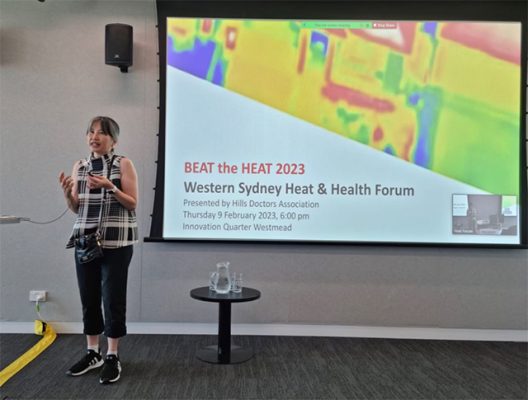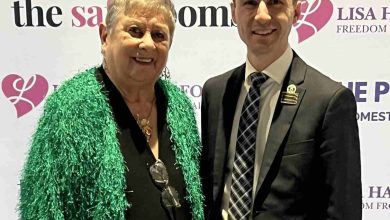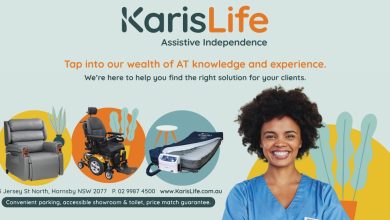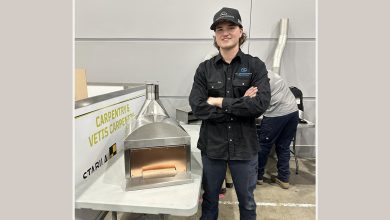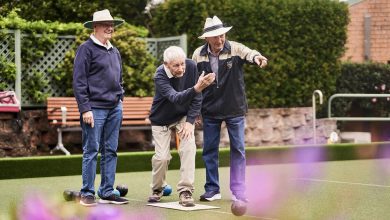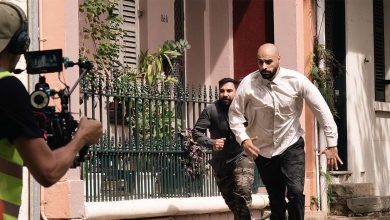Beating the Heat
President of the Hills Doctors’ Association Dr Kim Loo (pictured) who works in Riverstone and is on the AMA Council and Doctors for the Environment said: “It’s important that our community understands the dangers of heatwaves.
“Heatwaves are changing and becoming more dangerous and need to be effectively communicated by the health sector as we bear the brunt of this in primary care and our already overloaded hospitals.
“People should not become sick or die from a heat wave. We are all at risk on hot days. It is best to be prepared. Especially if you live alone, pregnant, have small children, have a health condition, work outdoors ,or live in a home that gets very hot.
KEEPING COOL
• Water gardens in the morning and mulch around plants. This aides in cooling.
• Seal all gaps in the home including windows, walls, and floorboards. This can be done with old socks or stockings.
• Turn off all power points when not in use.
• Create a cool room – find the coolest room in your house and use fans and air conditioners in this room.
• Insulate the house.
TOP TIPS FOR ALL
• Check the temperature for the day on BOM website. Listen to emergency warnings and remember that the BOM temperatures are temperatures in the shade. It will be hotter if you are not in the shade, or if you live in an urban heat island
• Check that fringes and air conditioners are working. Make sure there are ice bricks and towels in the freezer.
• Keep out heat. Curtains or blinds inside. Awnings and shade clothes outside •• Find a cool place to visit. If you cannot cool down your house •• Make sure your mobile phone is charged. •• Check on family and neighbours.
• Wear light clothing
• Cool down with wet /cold towels showers,
• Fans are very useful. I have ceiling fans in each room. This reduces the need for turning on my air conditioner (house is also thermally efficient ). Air conditioners – set 23 to 24 degrees helps to save energy.
• Have cool meals so you are not heating up the house.
• Drink plenty of water. Try to avoid tea, coffee, sweet drinks, and alcohol as this can make you more dehydrated. The easiest way to check for state of hydration is the colour of your urine. There are charts online.
• Wear a hat or sunscreen if going outside.
• Make sure you have an esky (in case of power outages) for food and medications.
YOUNG OR PREGNANT
• Check regularly that children are not too hot and use the same cooling techniques as adults.
• Make sure when you are walking with a stroller take the cover off so there is adequate air flow for you baby.
• Offer children milk or water. No sweet drinks as this can make dehydrations worse.
• Dress children in loose light-coloured clothing
• Drink plenty of water if you are breast feeding.
• If you go outside to a playground. Make sure the play equipment is not hot. As there are many playgrounds that are made from materials that absorb heat.
ELDERLY AND SICK
It is important that patients over 65 years old and/or those with chronic health conditions have a plan with their GP and pharmacist for a heatwave. It is crucial that there is a next of kin or friend that people can connect with and look out for them on hot days.
PETS
Many pets are vulnerable to heat. Mine are chickens. I make sure that are multiple sources of cool clean water and cold food on hot days.
OUTSIDE WORKERS
Heat waves can be deadly for outdoor workers if they don’t take adequate rest breaks and rehydrate. Ask your employer for a heat safety plan.[/vc_column_text][/vc_column][/vc_row]

